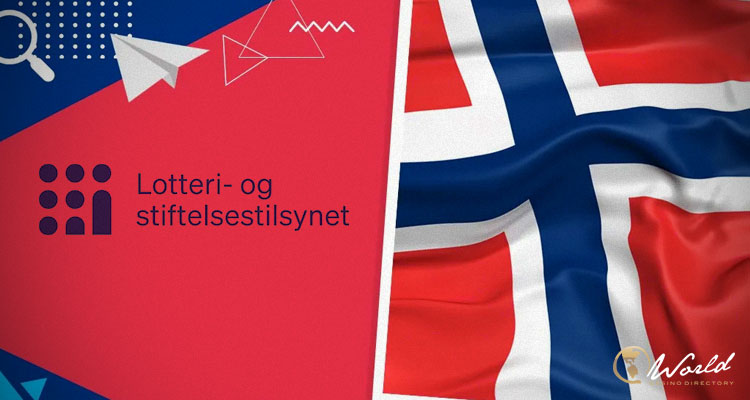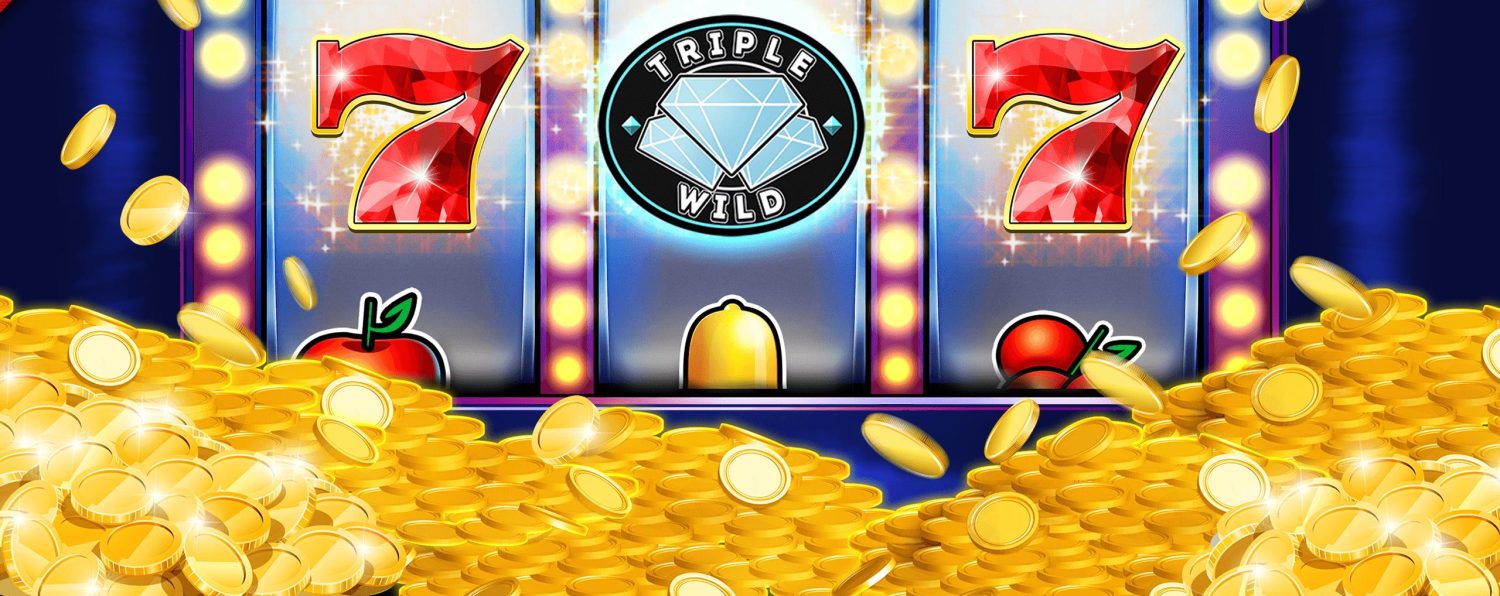
On June 5, Lottstift, the Norwegian gambling authority, announced a final victory in its long-lasting legal case against Trannel International Limited, a subsidiary of Kindred Group Plc responsible for the Nordic market.
Confirmation of the original judgement:
Five days ago, on June 1, the Borgarting Court of Appeal officially confirmed the initial Lottstift judgement that Trannel’s brands Unibet, Mariacasino, Storspiller and Bingo.com provided illegal online gambling services to domestic users. In the judgement, Lottstift said “it has put-to-end a five-year legal dispute with Kindred Group, in which Norwegian courts have validated its methods to protect the market from illicit businesses.” Additionally, as such, Lottstift “solidifies the expectation for Trannel to completely withdraw from the Norwegian market, marking an essential moment in the country’s crackdown on illegal gambling.”
Commenting on the end of the dispute, Atle Hamar, Lottstift Regulatory Director, said: “The fact that Trannel is not supported on a single point of view, shows that the work we do to get illegal companies out of the Norwegian market is solid and well-established.”
The authority states that “the judgment unequivocally lends support to the Norwegian exclusive rights model and demonstrates its accordance with EEA law.”
Furthermore, in its initial dispute Lottstift applied a huge daily fine of NOK 1.2 million (€100,000) to Trannel until it exited the market entirely. However, the execution of the fine was postponed til December 2022, but neither the Ministry of Culture and Equality nor the Lottery Board believed Trannel would “passively accept Norweigian customers by temporarily withdrawing its brand from Norway.”
Kindred continues to defend its subsidiary:
Attempting to defend its subsidiary, Kindred has long claimed that “Lottstift held no definitive legal precedent under Norwegian or European Economic Area (EEA) laws to restrict its subsidiary business.” Also, Kindred stated that “it had followed all Norwegian gambling rules to ensure that its business had a minimum exposure to national consumers.”
Kindred is officially authorized to bear the legal costs incurred by the state in this dispute:
What’s more, Lottstift states that “Kindred has been mandated to bear the legal costs incurred by the state in this litigation.”
Additionally, Culture and Equality Minister Anette Trettebergstuen admitted the state’s victory and said: “The result is not exactly surprising, as this lawsuit joins the series of several other lawsuits in the gambling field where the state has been fully supported each time. The latest decision by the Borgarting Court of Appeal rejecting Trannel’s appeal reaffirms the validity of the Norwegian Lottery Authority’s actions and the necessity of regulating the gambling market to protect consumers and uphold legal and ethical standards.”
The legal status of online casinos in India is complex and varies by state. While there is no federal law that explicitly addresses online gambling, the legality depends on state regulations and the type of gambling involved.
Key Points:
-
No National Law: India does not have a specific national law regulating online casinos. However, the Public Gambling Act of 1867 prohibits operating physical casinos and gambling houses, but it doesn't cover online platforms, leaving a legal grey area for online gambling.
-
State-Specific Laws: Some Indian states, like Goa, Sikkim, and Daman, have legalized land-based casinos, and others, such as Sikkim, have also licensed online gambling. Many states have banned gambling altogether, including online gambling.
-
Online Sports Betting: Betting on sports, particularly cricket, is very popular in India. However, it's only explicitly legal in some states like Sikkim and Nagaland, which have laws permitting online gaming and betting.
-
Legal Gray Area: Many international online casinos accept Indian players and operate legally under licenses from offshore jurisdictions (like Curacao or the UK Gambling Commission). As long as players are gambling on licensed platforms, the risk is minimal, but local authorities may still choose to regulate or restrict online gambling.
-
Cryptocurrency: Some Indian players prefer using cryptocurrencies (like Bitcoin) for online gambling, as it provides a layer of anonymity and security.
While online casinos aren't explicitly legal across all of India, many international casinos accept Indian players, and online gambling continues to grow in popularity. Players should ensure they use licensed platforms and understand local laws before engaging in online gaming.






Leave a Reply
You must be logged in to post a comment.